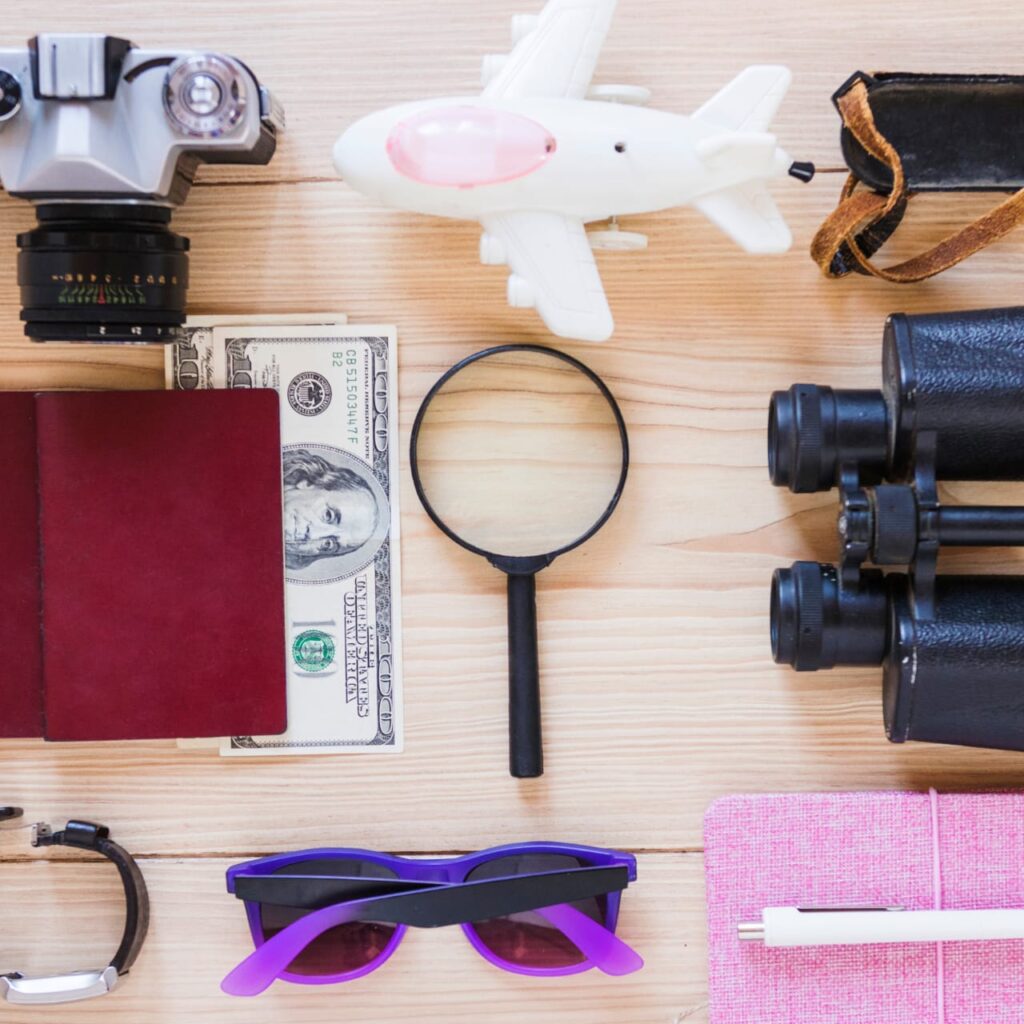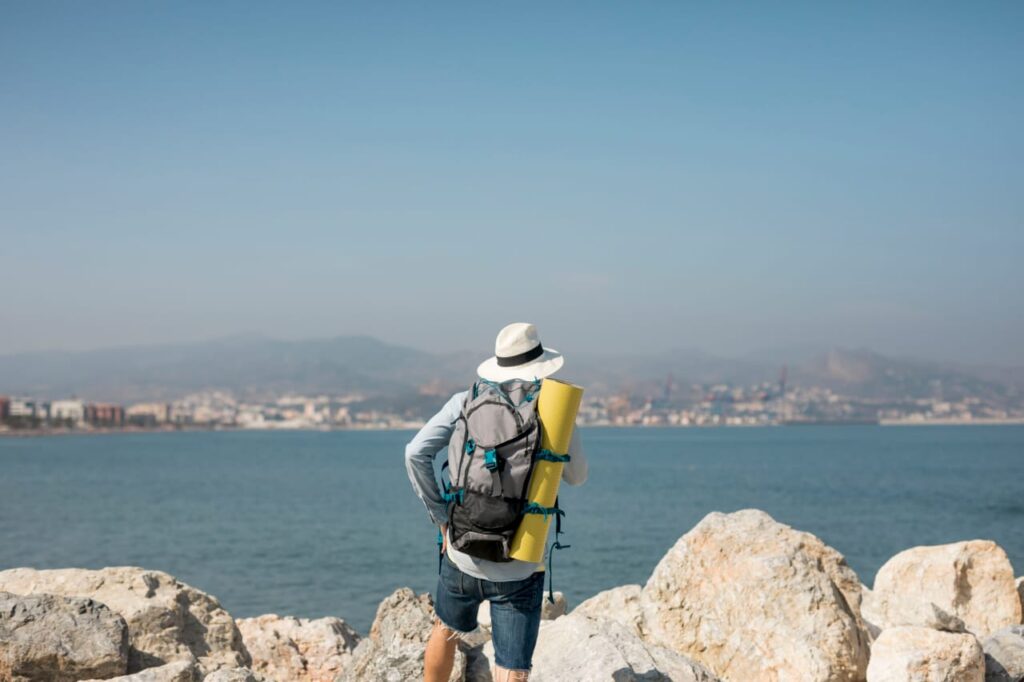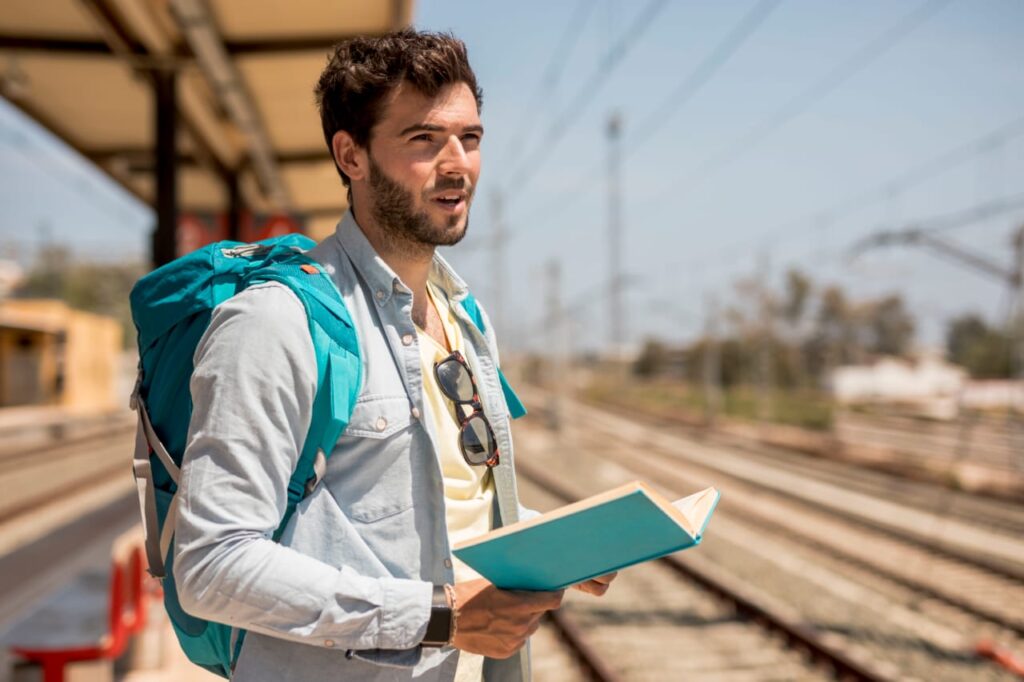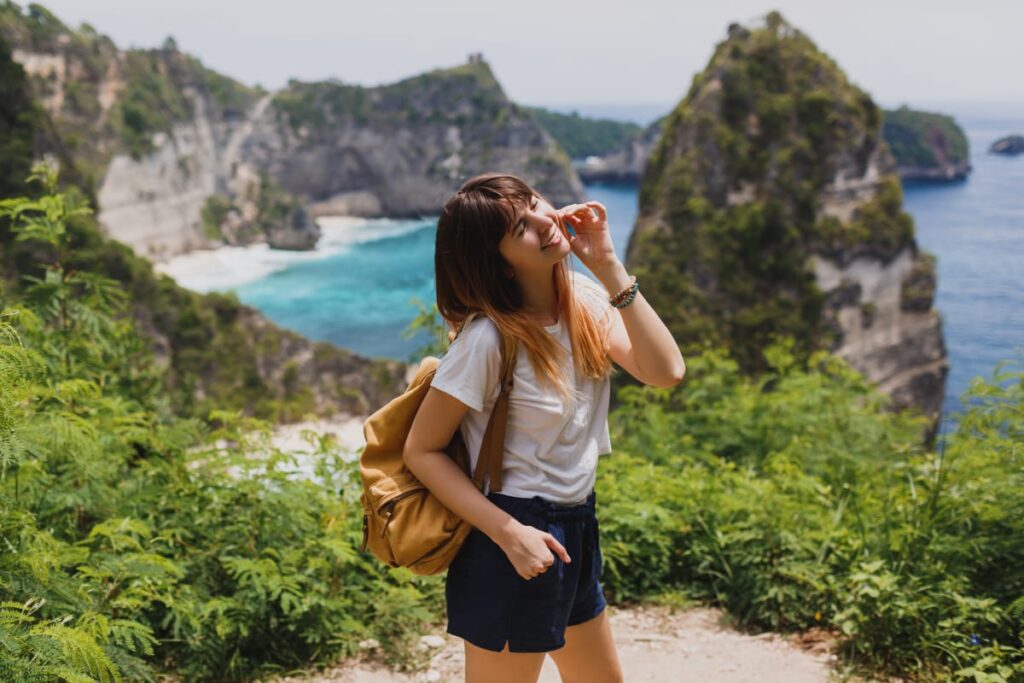Introduction
Travel is more than just a chance to explore new places; it is a significant driver of economic growth. Did you know that in 2019, global tourism generated $1.7 trillion in revenue? Understanding how does travel impact the economy can provide insights into its importance and the benefits it brings to various sectors. This article will delve into the ways travel influences economic development, from direct financial contributions to cultural and environmental effects.

Table of Contents
Tourism Revenue
One of the most obvious ways travel impacts the economy is through tourism revenue. Tourists spend money on accommodations, dining, attractions, and shopping, directly injecting funds into local businesses. For instance, cities like Paris and Bangkok thrive on the influx of tourists, which significantly boosts their local economies. The continuous flow of visitors helps sustain small businesses and large enterprises alike, ensuring a steady income stream.

Job Creation
Travel and tourism also play a crucial role in job creation. The industry encompasses various sectors, including hospitality, transportation, and entertainment, providing numerous employment opportunities. In fact, the World Travel & Tourism Council reports that tourism supported 330 million jobs worldwide in 2019. This includes direct jobs such as hotel staff and tour guides, as well as indirect positions in supporting industries.
Supporting Industries
The ripple effect of travel extends to numerous supporting industries. Hospitality, transportation, and retail sectors often experience a significant boost due to increased tourism. For example, a rise in tourists can lead to higher demand for local food products, benefiting farmers and suppliers. Similarly, local artisans and craftsmen may see an uptick in sales as tourists seek unique souvenirs and now you can see how does travel impact the economy.

Supply Chain Effects
The economic impact of travel is not confined to the immediate spending of tourists. There is a broader supply chain effect where local suppliers and service providers benefit from the increased demand. For instance, a case study of a small town in Italy showed how local vineyards and cheese producers experienced growth due to the popularity of culinary tourism. This ripple effect strengthens the local economy and supports sustainable development.
Infrastructure Development
Transportation Improvements
As travel demand increases, so does the need for improved infrastructure. Enhanced transportation systems, such as airports, roads, and public transit, are often developed to accommodate tourists. Cities like Tokyo and Singapore have invested heavily in their transportation networks, resulting in more efficient systems that benefit both locals and visitors and now see how does travel impact the economy.

Urban Development
Tourism can drive urban renewal and development projects. Areas that attract tourists often see investments in public spaces, cultural centers, and entertainment facilities. Barcelona, for instance, has undergone significant urban development funded by tourism revenue, transforming it into a vibrant and modern city while preserving its historic charm.
Cultural Exchange and Preservation
Travel promotes cultural exchange and preservation, leading to economic benefits. Tourists seeking authentic cultural experiences support local traditions and heritage sites. Cultural festivals and events attract visitors, boosting local economies while fostering cultural understanding and appreciation.
Environmental Conservation
Travel revenue can also support environmental conservation efforts. Many eco-tourism initiatives focus on preserving natural habitats and wild-life while providing economic benefits to local communities. National parks and protected areas often rely on tourism income for maintenance and conservation projects, ensuring these natural treasures are preserved for future generations.

Challenges and Considerations
Overtourism
While travel brings numerous benefits, it can also lead to challenges such as overtourism. Overcrowding in popular destinations can strain local resources and infrastructure, leading to negative economic impacts. Managing overtourism requires strategies such as promoting lesser-known destinations and implementing sustainable tourism practices.
Economic Dependency
Relying too heavily on tourism can pose risks to economies, especially during downturns or crises like the COVID-19 pandemic. Regions dependent on tourism experienced significant economic losses during travel restrictions. Diversifying the local economy and developing resilient tourism practices can mitigate these risks and now you can decide how does travel impact the economy.

Future Trends in Travel and Economic Impact
Sustainable Tourism
The trend of sustainable tourism is gaining momentum, focusing on minimizing negative impacts and maximizing economic benefits. Sustainable travel practices, such as supporting local businesses and choosing eco-friendly accommodations, contribute to long-term economic growth while preserving cultural and environmental resources. It help you decide how does travel impact the economy.
Technological Advancements
Technological advancements are transforming the travel industry, with implications for the economy. Innovations like digital tourism platforms, virtual reality experiences, and smart transportation systems enhance the travel experience and create new economic opportunities. Looking ahead, the integration of technology will continue to shape the economic impact of travel.
Conclusion
Travel significantly impacts the economy by generating revenue, creating jobs, and supporting various industries. It also drives infrastructure development and promotes cultural and environmental benefits. However, challenges like overtourism and economic dependency must be managed to ensure sustainable growth. Understanding how does travel impact the economy highlights the importance of balanced, responsible tourism practices that benefit both travelers and local communities.

FAQs
- How does travel benefit local economies?
- Travel boosts local economies by generating revenue, creating jobs, and supporting related industries.
- What are the challenges of relying on tourism for economic growth?
- Overdependence on tourism can lead to economic instability, especially during downturns or crises like the COVID-19 pandemic.
- How does sustainable tourism impact the economy?
- Sustainable tourism promotes long-term economic benefits while preserving cultural and environmental resources.
- What are some examples of successful tourism-driven urban development?
- Cities like Barcelona and Dubai have seen significant urban development funded by tourism revenue.
- How can travelers contribute positively to the economy?
- Travelers can support local businesses, respect cultural sites, and choose eco-friendly options to positively impact the economy. It help you decide how does travel impact the economy.
Image by Freepik.com
- Travelers can support local businesses, respect cultural sites, and choose eco-friendly options to positively impact the economy. It help you decide how does travel impact the economy.
купить аккаунт маркетплейс аккаунтов соцсетей
маркетплейс аккаунтов https://marketplace-akkauntov-top.ru/
маркетплейс аккаунтов соцсетей магазин аккаунтов
маркетплейс аккаунтов https://ploshadka-prodazha-akkauntov.ru
маркетплейс аккаунтов купить аккаунт
гарантия при продаже аккаунтов магазин аккаунтов
покупка аккаунтов маркетплейс аккаунтов
Account Trading Platform Buy accounts
Account market https://accountsmarketplacepro.com
Account Catalog Sell Account
Marketplace for Ready-Made Accounts Website for Selling Accounts
Secure Account Purchasing Platform Buy accounts
Account Trading Service Website for Buying Accounts
Profitable Account Sales Account Purchase
Account trading platform Account Market
Buy and Sell Accounts Account Trading
Accounts market Database of Accounts for Sale
marketplace for ready-made accounts sell pre-made account
sell accounts account store
account selling service account exchange
account trading service social media account marketplace
account store buy and sell accounts
account exchange account market
sell accounts account buying platform
website for selling accounts account sale
account store account exchange
marketplace for ready-made accounts database of accounts for sale
account acquisition online account store
account trading accounts market
buy pre-made account account trading platform
accounts market account catalog
online account store gaming account marketplace
account selling platform purchase ready-made accounts
account selling service account purchase
buy account account sale
verified accounts for sale online account store
account exchange secure account sales
profitable account sales secure account sales
online account store online account store
buy accounts accounts market
account store account buying platform
account trading platform sell accounts
account exchange accounts marketplace
account trading account buying service
social media account marketplace account buying platform
buy account https://accounts-offer.org
account trading https://accounts-marketplace.xyz
accounts market accounts market
account exchange account market
account exchange https://accounts-marketplace.live
sell account https://social-accounts-marketplace.xyz
website for buying accounts accounts market
account selling platform buy accounts
sell pre-made account https://buy-accounts.live
account selling platform https://social-accounts-marketplace.live/
marketplace for ready-made accounts https://accounts-marketplace.online
online account store accounts market
площадка для продажи аккаунтов akkaunty-na-prodazhu.pro
площадка для продажи аккаунтов rynok-akkauntov.top
маркетплейс аккаунтов kupit-akkaunt.xyz
купить аккаунт akkaunt-magazin.online
маркетплейс аккаунтов https://akkaunty-market.live
купить аккаунт https://kupit-akkaunty-market.xyz
продажа аккаунтов akkaunty-optom.live
маркетплейс аккаунтов соцсетей https://online-akkaunty-magazin.xyz
площадка для продажи аккаунтов https://akkaunty-dlya-prodazhi.pro
маркетплейс аккаунтов соцсетей https://kupit-akkaunt.online
facebook account sale fb accounts for sale
facebook ad account buy https://buy-ad-accounts.click
facebook accounts for sale https://buy-ad-account.top
buy facebook old accounts buy facebook account
buy facebook ad account buying facebook account
fb accounts for sale https://buy-ads-account.work
buy facebook advertising https://ad-account-for-sale.top
fb account for sale buying facebook ad account
buy facebook advertising buy facebook ads account
buy google adwords account https://buy-ads-account.top
buy aged google ads account buy adwords account
buy facebook ads accounts https://buy-accounts.click
buy google ads buy account google ads
buy google ads threshold accounts https://ads-account-buy.work
google ads account seller buy-ads-invoice-account.top
buy old google ads account https://buy-account-ads.work
google ads accounts buy google ad account
buy google ads threshold account https://sell-ads-account.click
buy google ad threshold account https://ads-agency-account-buy.click/
fb bussiness manager https://buy-business-manager.org/
buy account google ads https://buy-verified-ads-account.work
facebook business manager for sale https://buy-bm-account.org
buy facebook bm buy-business-manager-acc.org
buy facebook business manager accounts https://buy-verified-business-manager-account.org
buy facebook business manager accounts https://buy-verified-business-manager.org
buy facebook business manager business-manager-for-sale.org
buy facebook business manager buy-business-manager-verified.org
buy business manager account buy facebook business managers
verified business manager for sale buy-business-manager-accounts.org
tiktok ads account buy https://buy-tiktok-ads-account.org
tiktok ads agency account https://tiktok-ads-account-buy.org
tiktok ads account buy https://tiktok-ads-account-for-sale.org
buy tiktok ad account https://tiktok-agency-account-for-sale.org
tiktok agency account for sale https://buy-tiktok-ad-account.org
tiktok ads agency account https://buy-tiktok-ads-accounts.org
buy tiktok ads accounts https://tiktok-ads-agency-account.org
buy tiktok ads account https://buy-tiktok-business-account.org
buy tiktok ads https://buy-tiktok-ads.org